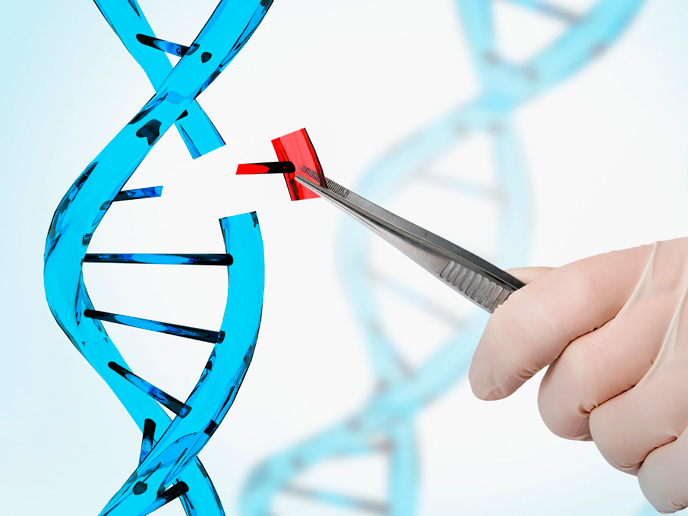New diagnostic kit for cancer identifies problematic mutations
The chemotherapy agent5-fluorouracil (5-FU) has been used to treat various cancers, in particular breast and colorectal cancer, for more than 50 years. However, small genetic variations in the gene of the drug-metabolising enzyme can influence drug toxicity as well as the effectiveness of the treatment. The 5-FU PGX project was funded by the EU to identify these genetic variations, known as single nucleotide polymorphisms (SNPs). The project team studied groups of patients with adverse or no side effects, as well as healthy volunteers. They screened patients for mutations in a gene that codes fordihydropyrimidinedehydrogenase (DPYD), a key enzyme involved in the metabolism of 5-FU. The scientists found that the most common mutation was present in 3% of those screened. A novel mutation associated with drug toxicity that had not previously been reported was also identified. A simple diagnostic kit, called 5-FURisk, was developed to screen for the most common mutation in DPYD. This test relies on common laboratory techniques, and is the first such commercial diagnostic kit for SNP identification. After development, the kit was thoroughly tested and validated in various labs and conditions. Genetic variation in DPYD can lead to toxicity and poor treatment outcomes in response to the anti-cancer drug 5-FU. This first-of-its-kind diagnostic kit offers great potential to reduce uncertainty and improve treatment outcomes for cancer patients.







